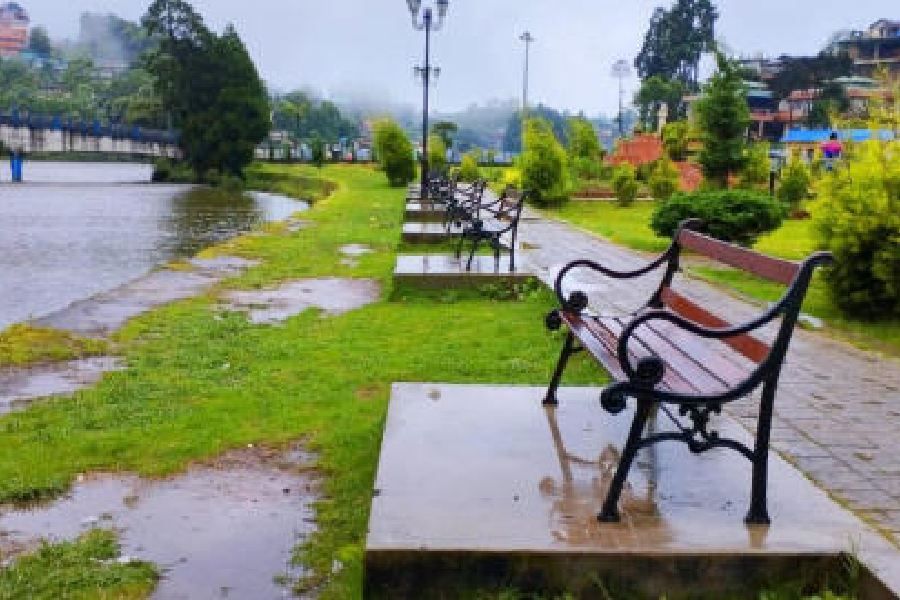The Sikkim flash flood has hit tourism in the Darjeeling hills.
Hoteliers in Darjeeling are reporting low occupancy compared to last year and also high cancellations after Sikkim was hit by the flash flood on October 4.
Shoyeta Chatterjee, who runs Pahari Soul, a hotel in Darjeeling, said the occupancy was a 10-year low for the current Dashain (Durga Puja) season.
“Usually, we experience a huge rush for a week from Dashami. That is not the case this year,” said Shoyeta who started the hotel in 2014.
Cancellations of hotel bookings are also high.
“I was more or less sold out from October 21st. However, after the Sikkim incident, there are 50 per cent cancellations,” she added.
Homestays have similar stories to narrate.
Ramila Syangdan, who has been running her Little Singamari homestay since 2013, said there was a drop of 30 per cent in tourist inflow in the current season. “This drop is for the entire month of October,” said Ramila.
Trade analysts have pinpointed three reasons for the poor footfall of tourists.
“The tragedy hit the region just at that time when people started to plan their bookings. This is why we did not get bookings like last year,” said Navin Thapa, managing director of Muscatel Group of Hotels.
The group runs four properties in Gangtok and five in Darjeeling.
“Most tourists usually have the Sikkim-Darjeeling circuit in their itineraries. They do not want to visit only Darjeeling. While we have absolutely little bookings for Sikkim, the volume has drastically gone down at our Darjeeling properties,” said Navin.
Industry insiders also said most prospective tourists were not well versed in the topography.
“Many think there is a problem in travelling in the hills. Obviously, tourists will not always be well versed in the topography and this has hit us hard,” said Chatterjee.
Hoteliers in Darjeeling said the following week after the Sikkim incident also saw a sharp drop in tourist arrivals. “For almost a week after the incident, almost 70 per cent of those who booked rooms did not turn up in Darjeeling,” said Samir Singhal, the secretary of the Darjeeling Association of Hotel Owners.
Tourism is considered one of the most sensitive sectors that suffer collateral damage when disasters strike.
Darjeeling witnesses two major tourist seasons, one that starts in March and extends till mid-June and the other during the October-November period.
“November promises to be slightly better,” said Shoyeta.










